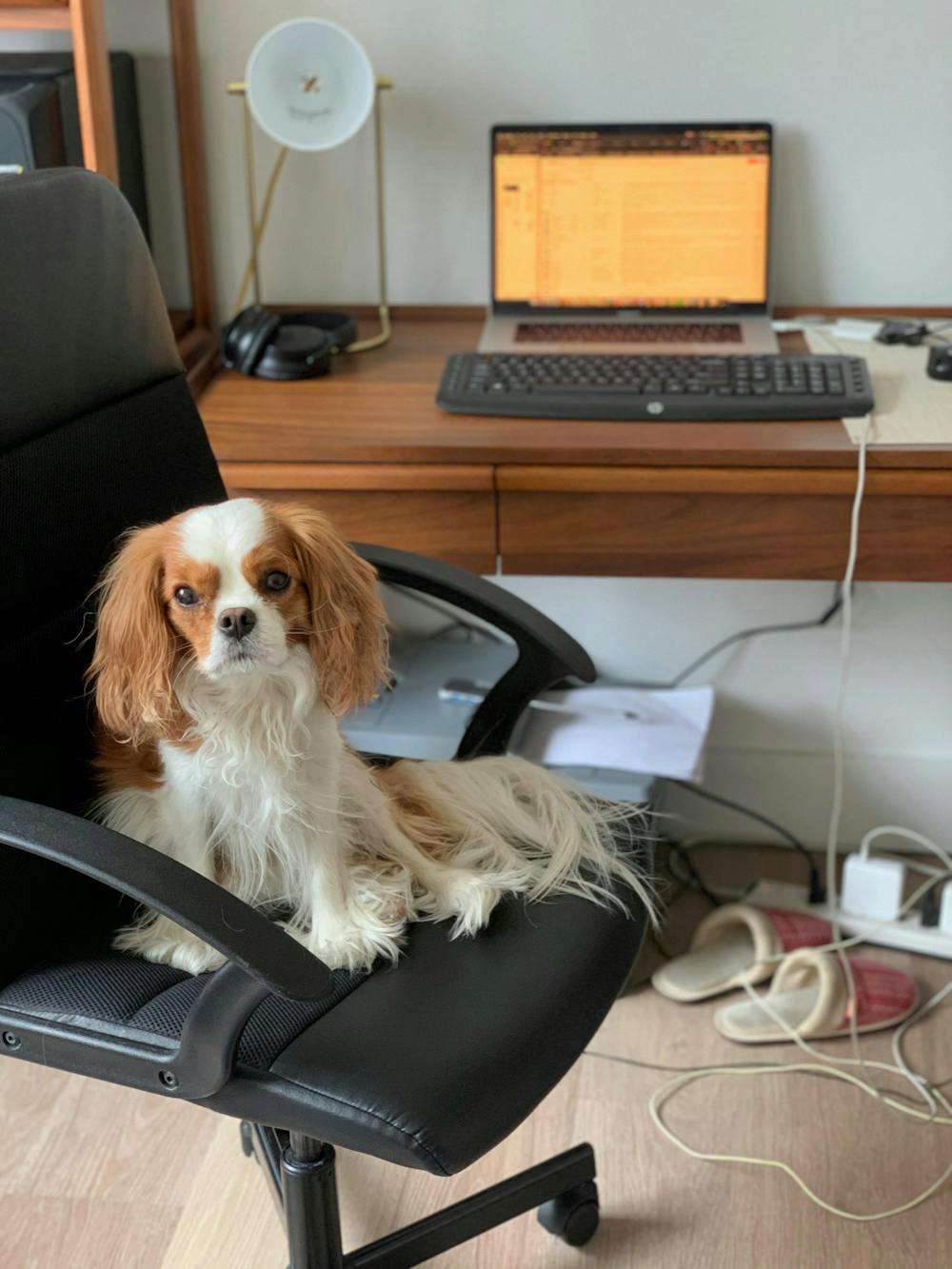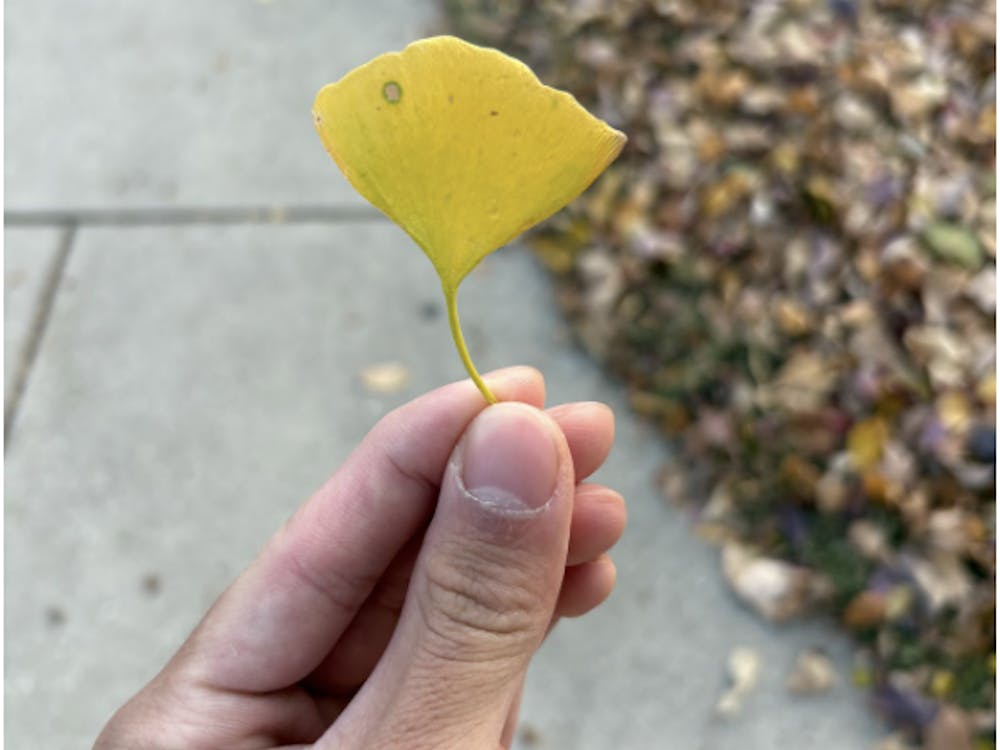
The other day, I entered my room and heard the faint sounds of birds chirping. I, of course, immediately assumed that I had forgotten to turn off a Spotify playlist, “Nature Sounds,” which I often listen to as I do work. After realizing that the source was not my computer, it dawned on me that the bird sounds were coming from outside my house — as in, from actual birds. Suffice to say, I — like the rest of us — have remained inside my house for perhaps a bit too long.
Any attempt to describe the current pandemic has felt inadequate in capturing its true gravity. Some key adjectives come to mind — unthinkable, unprecedented, scary. Coronavirus (COVID-19) has rendered the simplest, most fundamental actions life-threatening. It has fully usurped our sense of normalcy, endangering people’s physical and mental health, their livelihoods and their sense of security. It has left us largely powerless and rightfully angry at leadership that fails to act appropriately. The magnitude of the virus’ consequences — both immediate and long-lasting — is frightening.
Recently, in my time quarantining, I decided to interview a few of my immediate family members about their experiences thus far. As you may discern, I didn’t have a particular agenda other than wanting to hear how they were feeling. Perhaps this was simply my way of rivaling the Kardashians with a form of Keeping Up With the Mongias. Regardless, throughout our conversations, they naturally revealed not only many of their anxieties, but also sources of hope and optimism.
While I am at my parents’ house in Long Island, New York, my older sister, Vrishti, lives in Manhattan. New York City currently has 40,000 cases of COVID-19. On our call, Vrishti noted the city’s “eerie” nature; it has become utterly devoid of life. She’s nervous about the future of its residents and of those working in medical professions, including many of her friends, along with our parents. Luckily, she says, her fiancé, Ishan, and more importantly, their “13.6 pound Blenheim Cavalier King Charles Spaniel,” Ringo, are giving her good company. Supposedly more than 100 dog years old, Ringo lived through the Spanish Flu of 1918 and knows how to comfort those around him in such a time.
As a true investigative journalist, I also badgered my sister about any strains quarantine has placed on her relationship with her fiancé. However, she failed to provide anything juicier than the observation that Ishan now plays the guitar for hours on end. Ishan indeed confirmed that they are happily cooking, cleaning and even doing yoga together, and he’s dedicating this extra time to learning how to play metal songs. When further pressed for some gossip, he revealed that one of his friends, through spending so much time at home, has developed feelings for a girl he lives with. The person in question has solicited advice from Ishan’s friend group about how to proceed, but I’ll offer my unsolicited advice and say that now’s the time to shoot your shot.
For Ishan, being able to go to his friends’ houses on Animal Crossing is a surprisingly satisfying alternative to doing so in real life. What he is currently lamenting, though, is the fact that the U.S. didn’t act sooner. The virus had established its destructive presence in other countries, but the U.S. failed to take note, failed to start lockdowns in time, failed to discuss a stimulus package earlier, failed to prevent the undeserved loss of lives. He’s confident that New York will eventually recover, as it always does, but it is the unfortunate truth that much of what constitutes New York now — the small businesses, the people — will not in the future.
My father also voiced similar frustrations about the country’s delay in acting. As a pediatric nephrologist, he generally continues to work in-person at his hospital. He answers honestly in saying that he feels scared and lacks control. Most hospitals have a severe death of protective equipment for those working with COVID-19 patients. With so many lives increasingly at risk, he wishes that the U.S. had learned from the examples of other countries. When asked what he’s looking forward to when all this is over, he says going back to his Hindi karaoke group. His favorite American artist, though, is Rihanna, and he is impatiently awaiting her next release. Rihanna, unfortunately, declined to comment about when her number one fan should expect R9.
My mother expressed related feelings of helplessness: that she can’t go to see my sister, a mere 30 miles away, if she gets sick, or to see my grandmother if she gets sick in India. I feel better that my mother can do much of her work from home as a pathologist. She helped to secure testing approval for one of the laboratories she works for, but wishes that everyone, including herself, had been more proactive. To distract herself, she often spams our family group chat with memes (my words, not hers). They’ve provided a necessary source of levity in the midst of her concerns about the pandemic. Her favorite is one that said “I ate 11 times, took seven naps and it’s still today.” When she has free time, she loves watching mysteries such as Endeavour and playing Candy Crush (which, she excitedly told me, has gifted players with infinite lives). To college students, she insists: “Be smart! Practice social distancing.”
To say the least, it is difficult to grapple with the circumstances we all find ourselves in. As my mother mentioned, it is important for all of us to do what we can in mitigating the effects of this crisis. In the meantime, we must also take care of ourselves and find sources of light.





